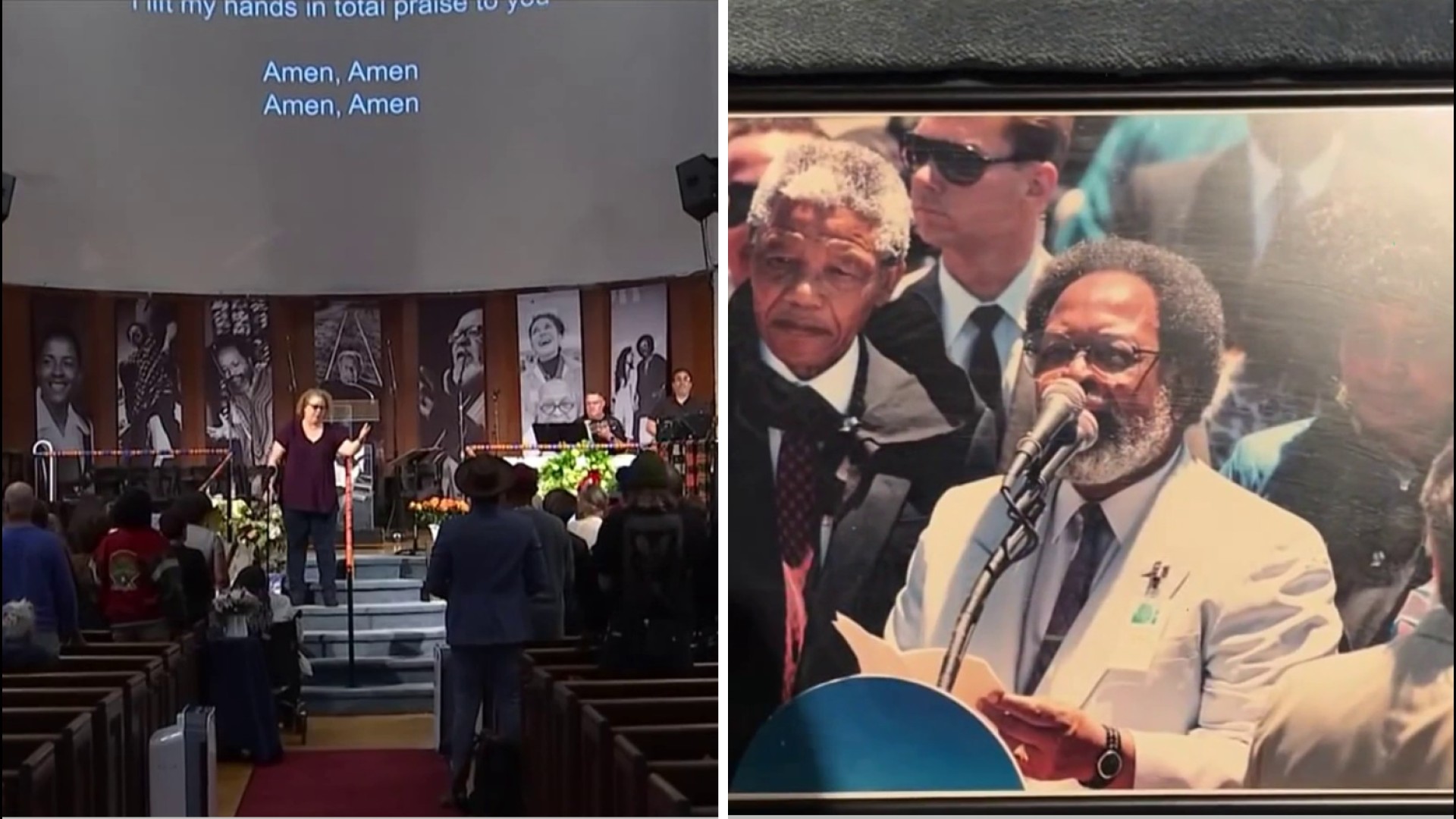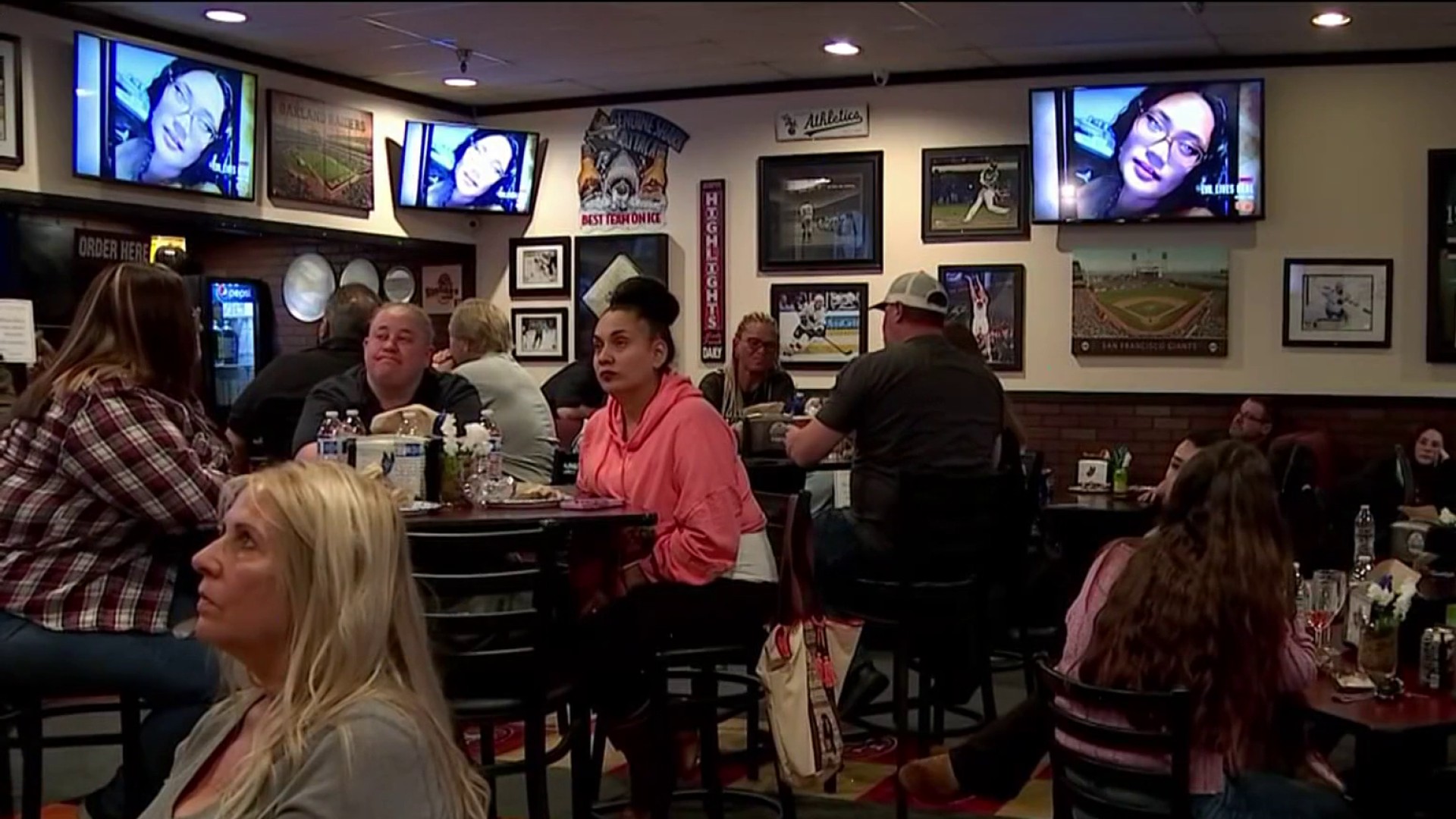Unless the two sides in the BART labor dispute can come up with a compromise in the next eight days, the Bay Area will have to deal with a second BART strike and a commute with tens of thousands more cars on the road.
BART workers say they are ready to go on strike on Oct. 11. That's when the "cooling-off period" ordered by the governor expires.
Both the union and BART management admit not much progress is being made in their negotiation sessions.
In fact BART's chief negotiator Thomas Hock says they're not even close, claiming the difference adds up to $100 million.
Hock says they are just $14 million closer than they were when negotiations began.
He said BART responded to the union’s latest proposal. “People don't always like your answer but we did respond,” Hock said.
While the two sides inch along, state lawmakers are taking action.
Local
Senate republican leader Bob Huff and others have sent a letter to Gov. Jerry Brown urging him to order an emergency legislative session so lawmakers can vote on Senate Bill 423, which is a measure that would force the unions to honor a no-strike clause preventing transit workers from striking.
"We think it's unfair to hold the Bay Area hostage. This is an economic impact of $73 million a day it's estimated," Huff said.
The union is strongly opposed to any law that would ban them from striking.
"All this legislation about stopping us from striking is ridiculous. We're not the ones trying to strike the district is trying to force us out," union president Antonette Bryant said.
If a deal isn't reached some 400,000 daily BART riders will have to find a new mode of travel.



